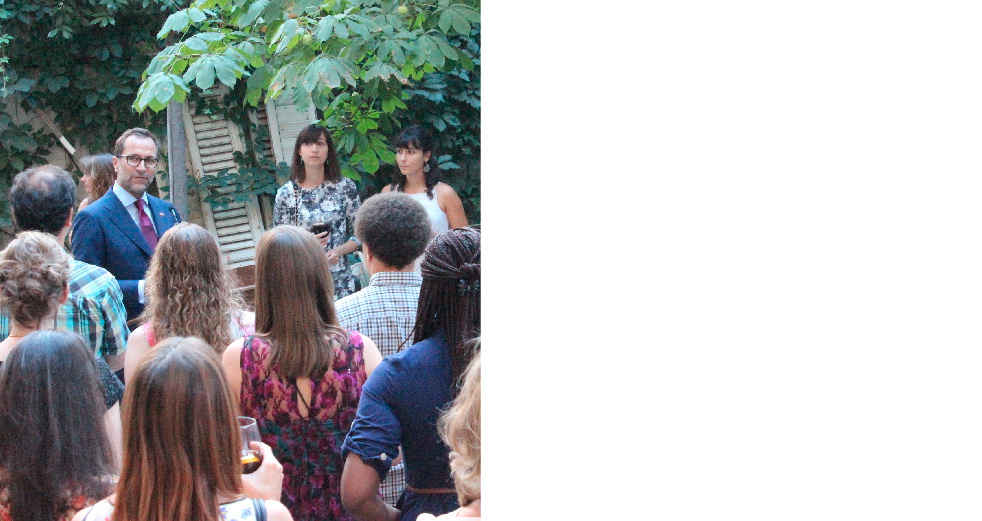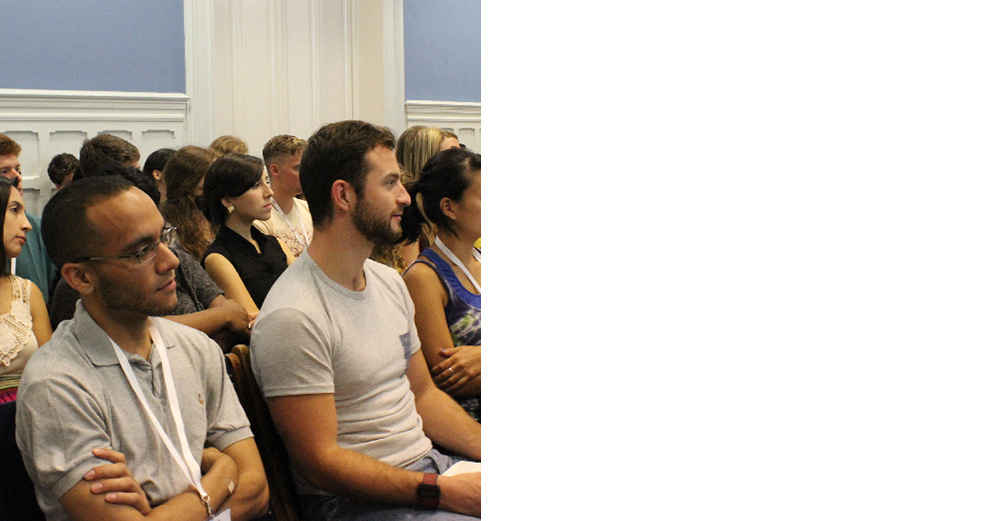
Biography

Objectives
-
Javier SolanaFulbrighter in 1966
"Spain and the USA belonged to different planets in the sixties. And those of us who made that "interplanetary" trip at the time were obviously marked -happily marked- forever by the experience.".Javier Solana
-
Pilar del CastilloFulbrighter in 1980
"Economically speaking, it was not the best scholarship, it was even lower than others... but it has a very strong brand image... I notice that whenever I say I am a Fulbrighter".Pilar del Castillo
-
Joan GuinovartFulbrighter in 1974
"The Fulbright scholarship was very important in pre-democratic Spain... it was a window onto the world, as this was a period when the European Union was remote and relations with specific countries were complicated by the dictatorship".Joan Guinovart
-
Federico García MolinerFulbrighter in 1961
"When I got to the US, the differences with respect to Spanish society were abysmal. I always say that I underwent a seven-fold increase... in the size of my salary, the size of my house, facilities to do the job".Federico García Moliner
-
Joan MassaguéFulbrighter in 1979 and Prince of Asturias Award for Research in 2004
"My experience is the same as that of thousands of beneficiaries of the Fulbright program who have been able to get to know different cultures, access new knowledge and establish bonds of friendship and professional relationships that contribute to mutual rapprochement via this program".Joan Massagué
-
Oliver E. WilliansonFulbrighter in 1999, Nobel Laureate in Economic Science 2009
"Fulbright Program is a unique undertaking and is exceptionally successful in advancing worldwide scholarship and promoting understanding among nations"Oliver E. Willianson

